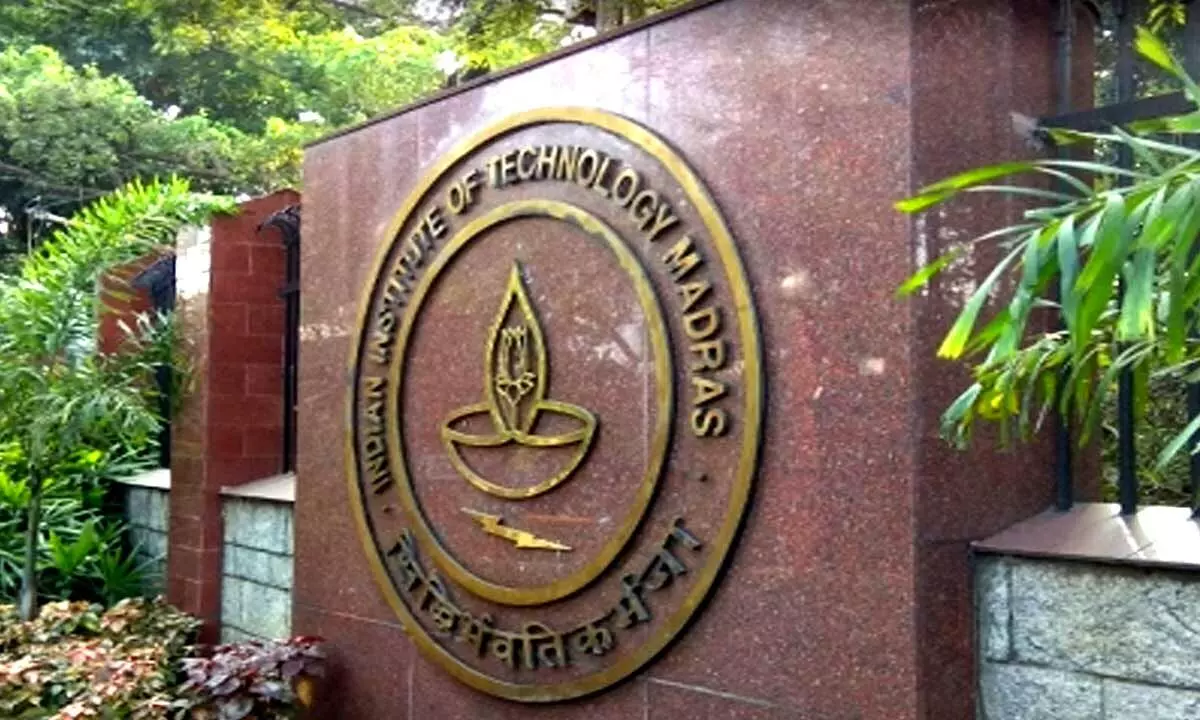IIT Madras ties up with Ericsson for joint research in responsible AI

NIRF 2025 Rankings – Top Colleges and Universities in India
Amid growing ethical concerns related to the use of artificial intelligence (AI), the Indian Institute of Technology (IIT) Madras on Monday announced partnership with communications service provider Ericsson for joint research in the area of responsible AI.
Chennai: Amid growing ethical concerns related to the use of artificial intelligence (AI), the Indian Institute of Technology (IIT) Madras on Monday announced partnership with communications service provider Ericsson for joint research in the area of responsible AI.
Responsible AI is an approach to developing, assessing, and deploying AI systems in a safe, trustworthy, and ethical way.
The partnership was announced at the Symposium on Responsible AI for Networks of the Future, held at the IIT Madras campus on Monday.
The entities also signed a Memorandum of Understanding, under which, Ericsson Research will support and participate in all research activities at IIT Madras’ Centre for Responsible AI (CeRAI).
CeRAI is an interdisciplinary research centre that envisions becoming a premier research centre for both fundamental and applied research in Responsible AI with immediate impact in deploying AI systems in the Indian ecosystem.
“Networks of the future will enable easier access to high performing AI systems. It is imperative that we embed responsible AI principles from the very beginning in such systems,” said Prof. B. Ravindran, Faculty Head, CeRAI, IIT Madras, in a statement.
“With the advent of 5G and 6G networks, many critical applications are likely to be deployed on devices such as mobile phones. This requires new research to ensure that AI models and their predictions are explainable and to provide performance guarantees appropriate to the applications they are deployed in,” he added.
The key projects presented during the symposium included a project on large-language models (LLMs) in healthcare, participatory AI that addresses the black-box nature of AI, Generative AI models based on attention mechanisms and Multi Agent Reinforcement Learning for trade-off and conflict resolution.
“6G and future networks aim to seamlessly blend the physical and digital worlds, enabling immersive AR/VR experiences. While AI-controlled sensors connect humans and machines, responsible AI practices are essential to ensure trust, fairness, and privacy compliance,” said Dr Magnus Frodigh, Global Head of Ericsson Research, at the symposium.














